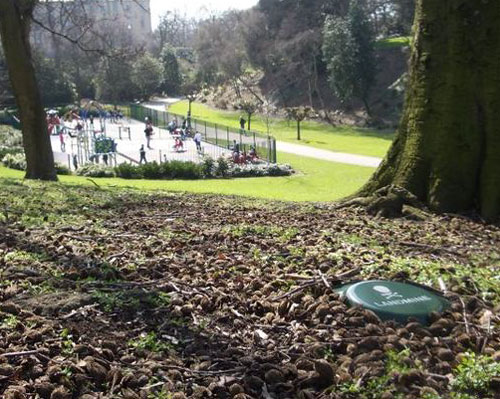If you happen to be in London on 25th May then you may want to attend the RSA special event Social Impact of the Web: Society, Government and the Internet. With speakers Cass Sunstein, Tom Steinberg, Andrew Chadwick, William Davies, Matthew Taylor, Bronwyn Kunhardt, Georgina Henry it promises to be a very interesting day (in addition to this the event is free). Unfortunately I will not be in London so I cannot attend (how annoying) I would very much have liked to have been there.
Here is the text from the advert:
How can new internet technology empower us to interact with each other in novel ways?
This conference will address this question by focusing on the political culture and norms that the internet has been instrumental in fostering, both in relation to centralised politics and more diffuse social and civic networks.
It will also look at the psychology of the internet â?? as we create virtual fully living worlds, lines may be crossed between what is real and unreal in our lives.
Virtual environments let people create their own digital identity with their own unique psychology. When online do we treat people differently, does the technology that we are using change how we would behave in the real world? If people create their own representation what does it say about them and what are the wider implications, social and political.
To book a place at this conference visit http://socialimpact.eventbrite.com/
Location: RSA, 8 John Adam Street, London WC2N 6EZ
Date: 25 May 2007
Time: 10.30am – 4.00pm



